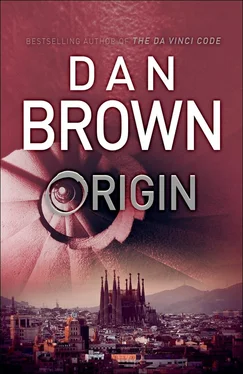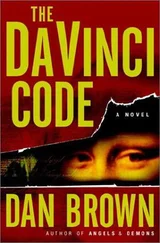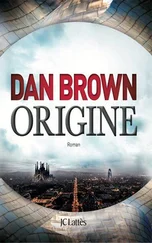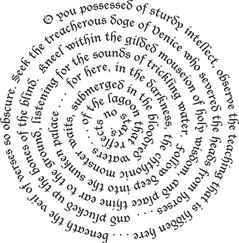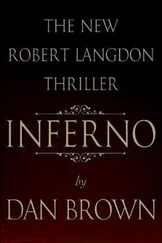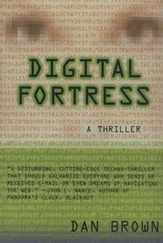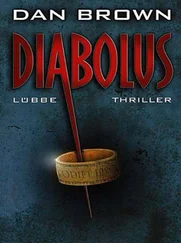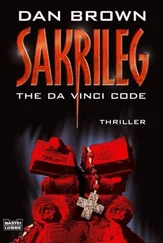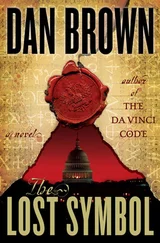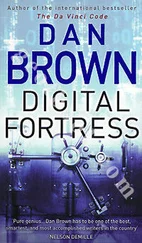One of Langdon’s Harvard colleagues — a solemn physics professor — had become so fed up with philosophy majors attending his Origins of the Universe seminar that he finally posted a sign on his classroom door.
In my classroom, T > 0.
For all inquiries where T = 0,
please visit the Religion Department.
“How about Panspermia?” Winston asked. “The notion that life on earth was seeded from another planet by a meteor or cosmic dust? Panspermia is considered a scientifically valid possibility to explain the existence of life on earth.”
“Even if it’s true,” Langdon offered, “it doesn’t answer how life first began in the universe. We’re just kicking the can down the road, ignoring the origin of the bouncing ball and postponing the big question: Where does life come from?”
Winston fell silent.
Ambra sipped her wine, looking amused by their interplay.
As the Gulfstream G550 reached altitude and leveled off, Langdon found himself imagining what it would mean to the world if Edmond truly had found the answer to the age-old question: Where do we come from?
And yet, according to Edmond, that answer was only part of the secret.
Whatever the truth might be, Edmond had protected the details of his discovery with a formidable password — a single, forty-seven-letter line of poetry. If all went according to plan, Langdon and Ambra would soon uncover it inside Edmond’s home in Barcelona.
Nearly a decade after its inception, the “dark web” remains a mystery to the vast majority of online users. Inaccessible via traditional search engines, this sinister shadowland of the World Wide Web provides anonymous access to a mind-boggling menu of illegal goods and services.
From its humble beginning hosting Silk Road — the first online black market to sell illegal drugs — the dark web blossomed into a massive network of illicit sites dealing in weapons, child pornography, political secrets, and even professionals for hire, including prostitutes, hackers, spies, terrorists, and assassins.
Every week, the dark web hosted literally millions of transactions, and tonight, outside the ruin bars of Budapest, one of those transactions was about to be completed.
The man in the baseball cap and blue jeans moved stealthily along Kazinczy Street, staying in the shadows as he tracked his prey. Missions like this one had become his bread and butter over the past few years and were always negotiated through a handful of popular networks — Unfriendly Solution, Hitman Network, and BesaMafia.
Assassination for hire was a billion-dollar industry and growing daily, due primarily to the dark web’s guarantee of anonymous negotiations and untraceable payment via Bitcoin. Most hits involved insurance fraud, bad business partnerships, or turbulent marriages, but the rationale was never the concern of the person carrying out the job.
No questions , the killer mused. That is the unspoken rule that makes my business work.
Tonight’s job was one he had accepted several days ago. His anonymous employer had offered him 150,000 euros for staking out the home of an old rabbi and remaining “on call” in case action needed to be taken. Action, in this case, meant breaking into the man’s home and injecting him with potassium chloride, resulting in immediate death from an apparent heart attack.
Tonight, unexpectedly, the rabbi had left his home in the middle of the night and taken a city bus to a seedy neighborhood. The assassin had tailed him and then used the encrypted overlay program on his smart-phone to inform his employer of the development.
Target has exited home. Traveled to bar district.
Possibly meeting someone?
His employer’s response was almost immediate.
Execute.
Now, among the ruin bars and dark alleyways, what had begun as a stakeout had become a deadly game of cat and mouse.
Rabbi Yehuda Köves was sweating and out of breath as he made his way along Kazinczy Street. His lungs burned, and he felt as if his aging bladder were about to burst.
All I need is a toilet and some rest , he thought, pausing among a crowd congregating outside Bar Szimpla — one of Budapest’s largest and most famous ruin bars. The patrons here were such a diverse mix of ages and professions that nobody gave the old rabbi a second look.
I’ll stop just for a moment , he decided, moving toward the bar.
Once a spectacular stone mansion with elegant balconies and tall windows, the Bar Szimpla was now a dilapidated shell covered with graffiti. As Köves moved through the wide portico of this once grand city residence, he passed through a doorway inscribed with an encoded message: EGG-ESH-AY-GED-REH!
It took him a moment to realize that it was nothing but the phonetic spelling of the Hungarian word egészségedre — meaning “cheers!”
Entering, Köves stared in disbelief at the bar’s cavernous interior. The derelict mansion was built around a sprawling courtyard dotted with some of the strangest objects the rabbi had ever seen — a couch made from a bathtub, mannequins riding bicycles suspended in the air, and a gutted East German Trabant sedan, which now served as makeshift seating for patrons.
The courtyard was enclosed by high walls adorned with a patchwork of spray-painted graffiti, Soviet-era posters, classical sculptures, and hanging plants that spilled over interior balconies packed with patrons who all swayed to the thumping music. The air smelled of cigarettes and beer. Young couples kissed passionately in plain sight while others discreetly smoked from small pipes and drank shots of pálinka , a popular fruit brandy bottled in Hungary.
Köves always found it ironic that humans, despite being God’s most sublime creation, were still just animals at the core, their behavior driven to a great extent by a quest for creature comforts. We comfort our physical bodies in hopes our souls will follow. Köves spent much of his time counseling those who overindulged in the animal temptations of the body — primarily food and sex — and with the rise of Internet addiction and cheap designer drugs, his job had grown more challenging every day.
The only creature comfort Köves needed at the moment was a restroom, and so he was dismayed to find a line ten people deep. Unable to wait, he gingerly climbed the stairs, where he was told he would find numerous other restrooms. On the second floor of the mansion, the rabbi moved through a labyrinth of adjoining sitting rooms and bedrooms, each with its own little bar or seating area. He asked one of the bartenders about a bathroom, and the man pointed to a hallway a good distance away, apparently accessible along a balcony walkway that overlooked the courtyard.
Köves quickly made his way to the balcony, placing a steadying hand on the railing as he moved along it. As he walked, he peered absently into the bustling courtyard below, where a sea of young people gyrated in rhythm to the deep pulse of the music.
Then Köves saw it.
He stopped short, his blood turning cold.
There, in the middle of the crowd, the man in the baseball cap and jeans was staring directly up at him. For one brief instant, the two men locked eyes. Then, with the speed of a panther, the man in the cap sprang into action, pushing his way past patrons and sprinting up the staircase.
The assassin bounded up the stairs, scrutinizing every face he passed. Bar Szimpla was quite familiar to him, and he quickly made his way to the balcony where his target had been standing.
The rabbi was gone.
I did not pass you , the killer thought, which means you moved deeper into the building.
Raising his gaze to a darkened corridor ahead, the assassin smiled, suspecting he knew precisely where his mark would try to hide.
Читать дальше
